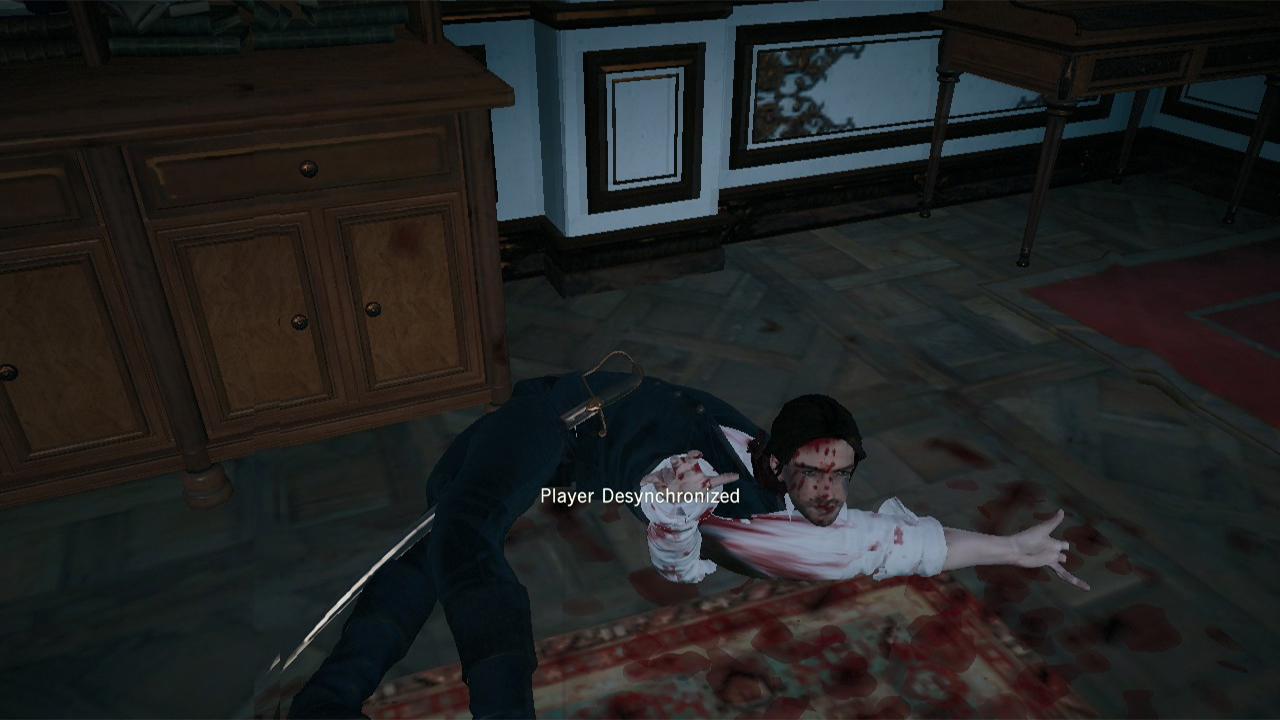In a statement to the BBC, Ubisoft has claimed that the problems manifesting in the wake of Assassin’s Creed Unity’s launch have to do with the changing nature of the game industry, and not a problem within Ubisoft itself. Here’s what the spokesperson for Ubisoft had to say:
The nature of games themselves and the way they are being reviewed is changing, as evidenced by games like Assassin’s Creed Unity, Destiny, and The Crew - games that have significant online components. Having the online elements available and having populated worlds is essential to creating a representative and complete experience for reviewers. Achieving this prior to launch is incredibly complex, which is why some games are being reviewed much closer - or as was the case with Destiny, even after - the game launches. We are working to adapt our services and communications with consumers accordingly, both by changing the way we work with reviewers and by offering customers open betas or other early access to some games, all so that they have the information they need and want.
If that all seems a bit like a corporate backtrack, you might not be surprised to learn that it doesn’t take a lot of effort to find many comments - both among the gaming community and the press - that are harshly criticizing Ubisoft for its decisions with Unity. The above statement has come in for particular criticism, since the spokesperson took a dig at Bungie’s Destiny review embargo while failing to mention that Ubisoft had an embargo on reviews of Unity until 12 hours after launch.
Sites like Polygon have been particularly vocal in their anger toward Ubisoft’s decisions, calling their decisions “blatantly anti-consumer.”
Are they? It’s possible that having suffered the wrath of the consumer and press alike over Watch Dogs and The Crew, having another delayed launch would have only led to people raising their pitchforks and torches again. Ubisoft may have decided to go for what it thought was the lesser of two evils: an on-time launch with the possibility of some bugs cropping up, rather than another delayed launch and disappointed fans. And while there’s no doubt that some of the reported bugs with Assassin’s Creed Unity are fairly severe, bugs in a game of that scale are hardly uncommon due to the complex nature of the game.
While Ubisoft’s statement is only the latest in a long list of recent PR backfires, one thing at least stands out as having the potential for better things in the future - the stated commitment to improving the publisher’s relationship with reviewers and customers should, if genuine, go some way to start rebuilding the trust that they’ve lost over the course of the last few years.
We’ll probably never know for sure what the real reason for Unity‘s laundry list of bugs was, even after wading through the mire of public relations speak and inflammatory rhetoric on the part of angry fans. Still, it will be interesting to see if the publisher’s statement will have any kind of impact not only on the recovery for Unity but also Ubisoft as a corporation.
Our review of Unity should be ready sometime early next week; it’s a massive game, and so we’re taking our time with it in order to ensure that we can be as comprehensive in our final verdict as possible.



